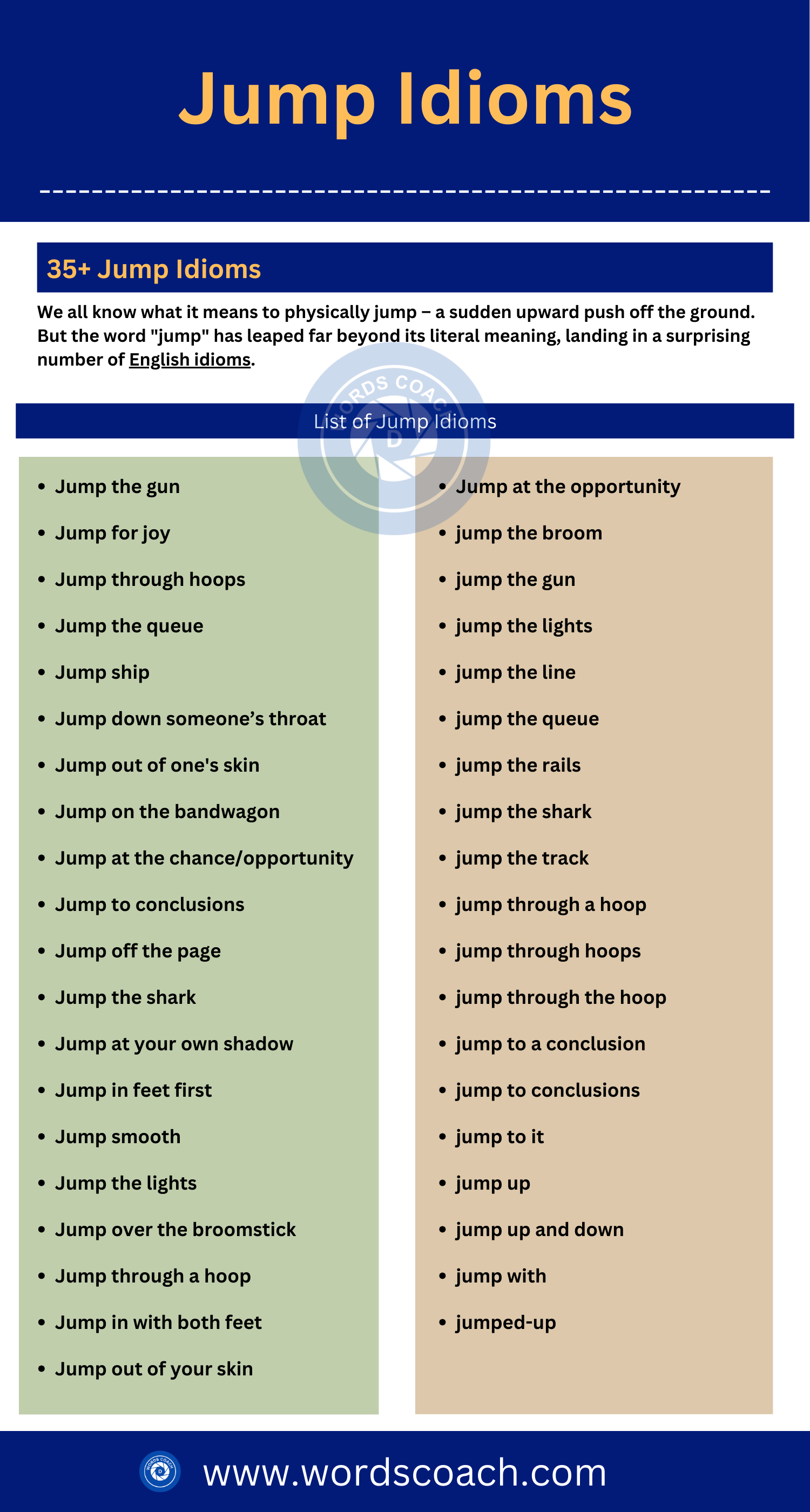Regular and Irregular Verbs Exercises
Verbs are the backbone of any sentence, providing action, state, or occurrence. To effectively communicate in English, understanding the difference between regular and irregular verbs is crucial.
What Are Regular Verbs?
Regular verbs follow a consistent pattern when forming their past tense and past participle, typically by adding -ed to the base form.
Examples of Regular Verbs:
- Base Form: Walk | Past Tense: Walked | Past Participle: Walked
- Base Form: Jump | Past Tense: Jumped | Past Participle: Jumped
What Are Irregular Verbs?
Irregular verbs do not follow a fixed pattern and often have unique past tense and past participle forms.
Examples of Irregular Verbs:
- Base Form: Go | Past Tense: Went | Past Participle: Gone
- Base Form: See | Past Tense: Saw | Past Participle: Seen
Key Differences Between Regular and Irregular Verbs
| Feature | Regular Verbs | Irregular Verbs |
|---|---|---|
| Formation Rule | Add -ed to the base form. | No fixed rule; forms vary. |
| Examples | Work → Worked | Eat → Ate → Eaten |
| Number of Verbs | Majority of English verbs. | Smaller but commonly used. |
Exercise 1: Identify the verbs in the following sentences and classify them as regular or irregular.
- The children played in the park.
- She has eaten all the cookies.
- He wrote a letter to his friend.
- I have seen that movie before.
- They ran very fast in the race.
- The teacher taught us a new lesson.
- The dog barked loudly.
- She sang a beautiful song.
- I have broken my phone.
- He drove the car to the store.
Exercise 2: Fill in the blanks with the correct past tense or past participle form of the verb in parentheses.
- I ________ (swim) in the lake yesterday.
- She has ________ (drink) all the juice.
- He ________ (write) a poem last week.
- They have ________ (see) the Eiffel Tower.
- The cat ________ (sleep) all day.
- The teacher ________ (teach) us about history.
- I ________ (eat) pizza for dinner.
- She has ________ (sing) in the choir.
- The window ________ (break).
- He ________ (drive) to the beach.
- She _ (clean) her room yesterday.
- I _ (see) a rainbow after the rain.
- They _ (play) soccer in the park.
- He _ (go) to the market early in the morning.
Regular and Irregular Verbs Exercises Answer Key
Exercise 1:
- played (regular)
- has eaten (irregular)
- wrote (regular)
- have seen (irregular)
- ran (irregular)
- taught (regular)
- barked (regular)
- sang (irregular)
- have broken (irregular)
- drove (irregular)
Exercise 2:
- swam
- drunk
- wrote
- seen
- slept
- taught
- ate
- sung
- broke
- drove
- cleaned
- saw
- played
- went
Mastering regular and irregular verbs is a significant step toward fluency in English. With consistent practice and exercises like those provided above, you’ll develop a strong command of verb forms.





